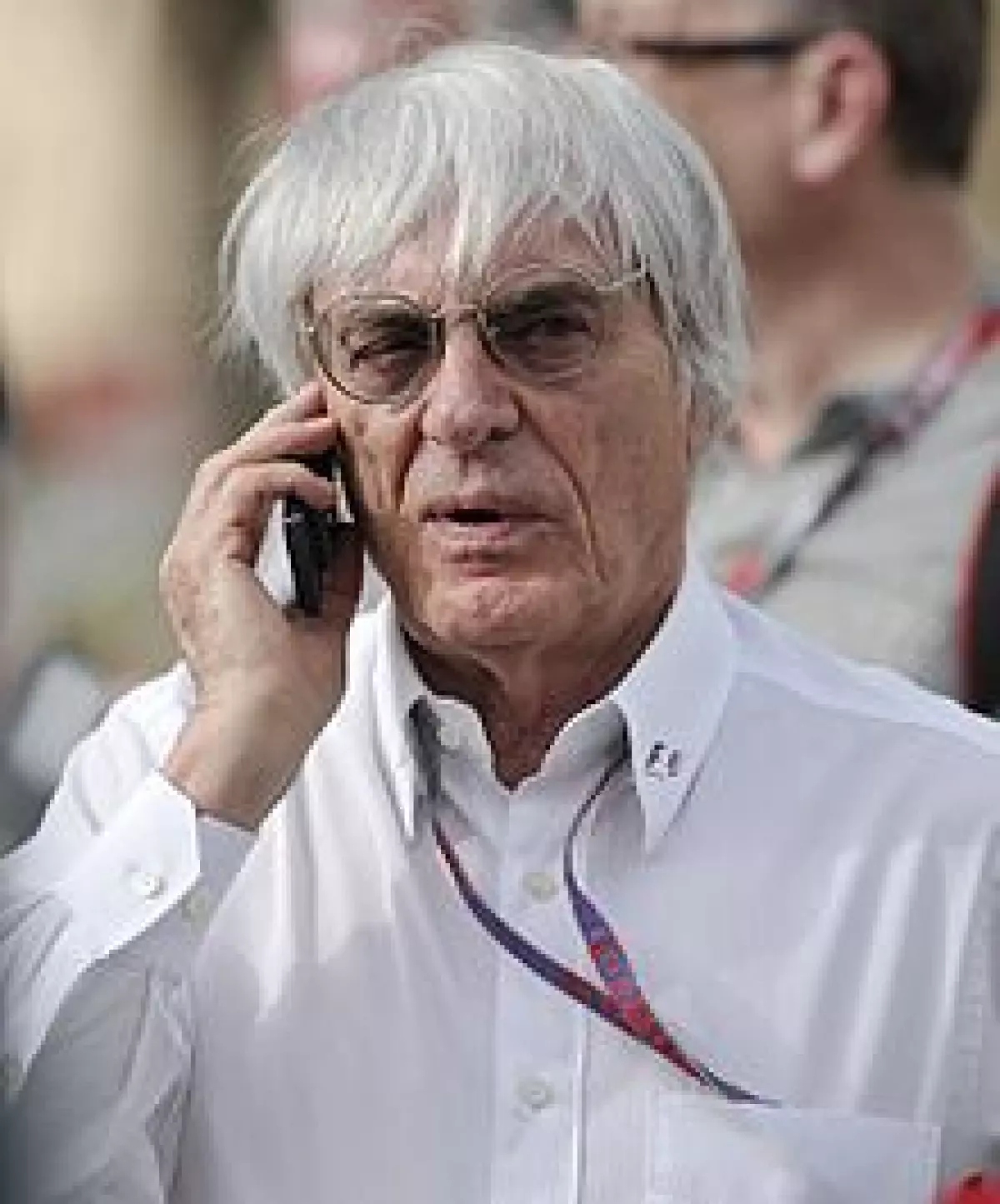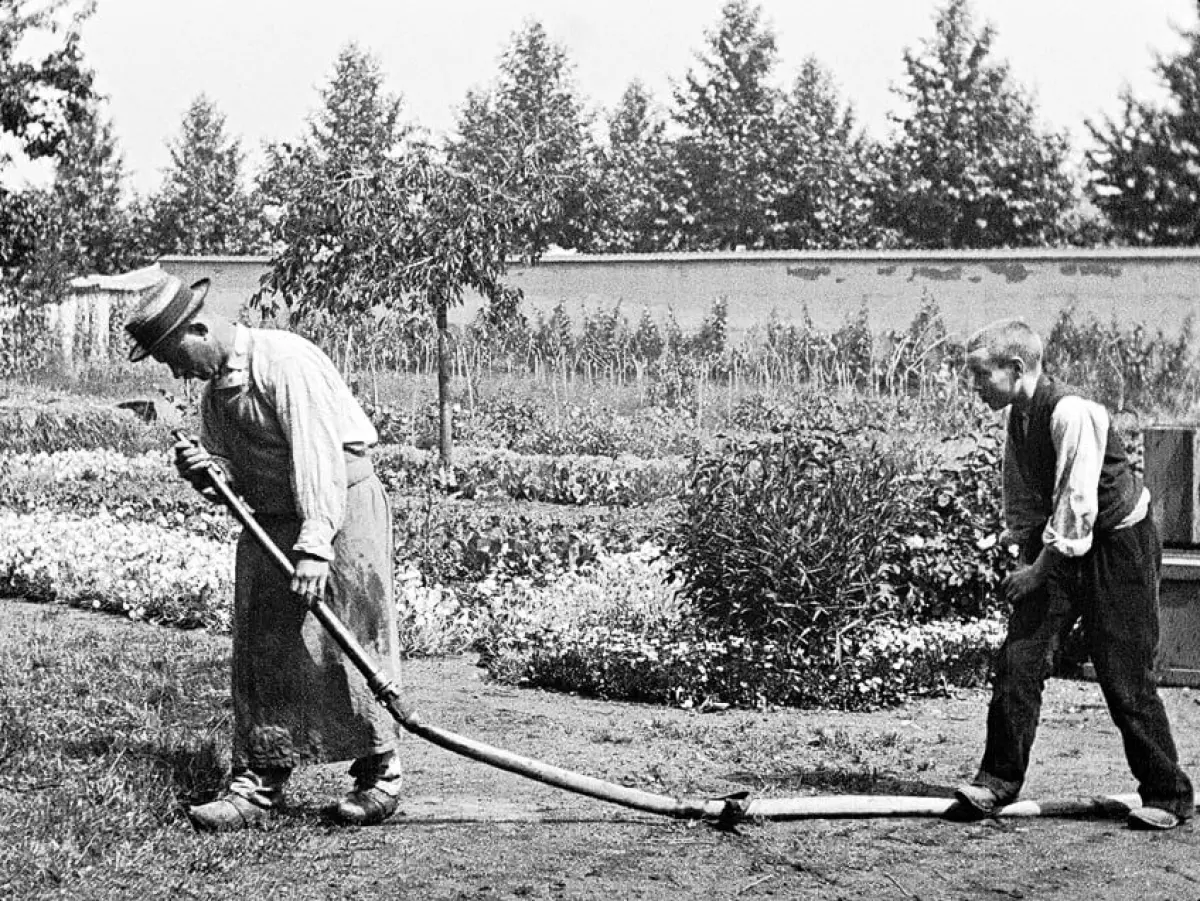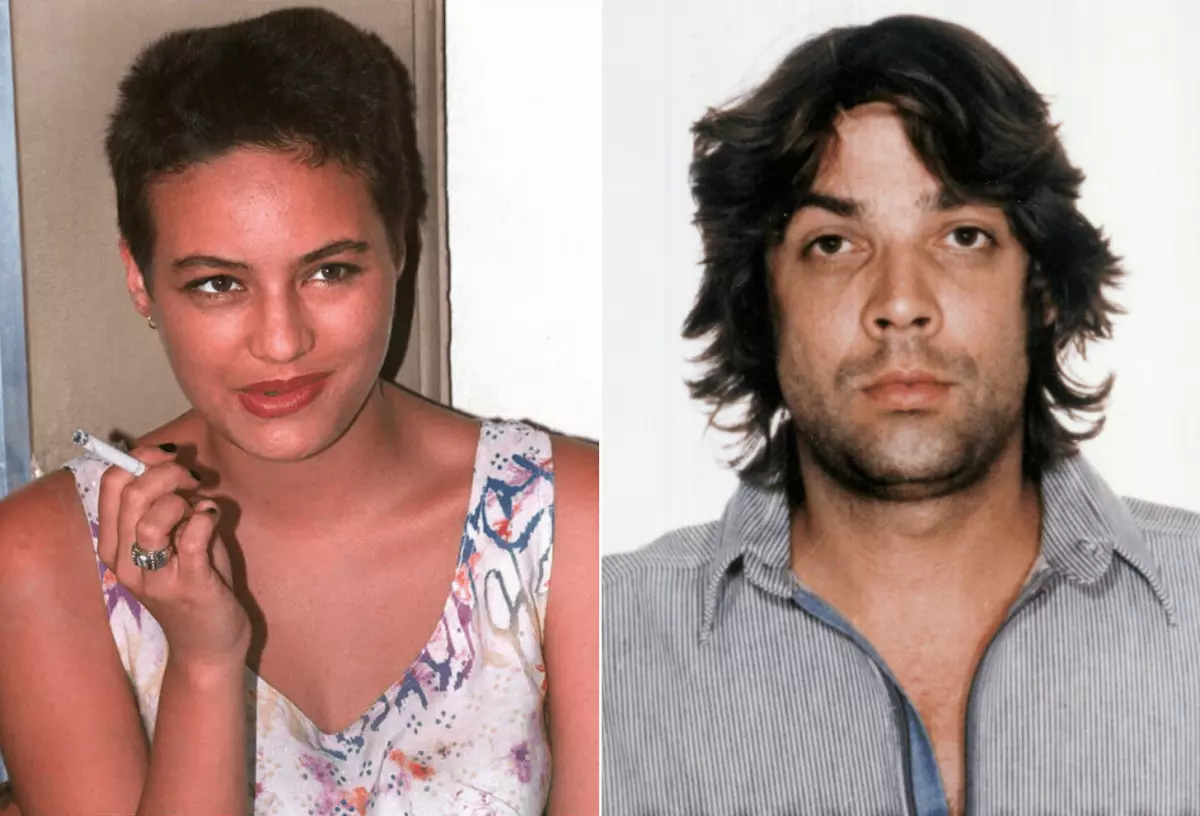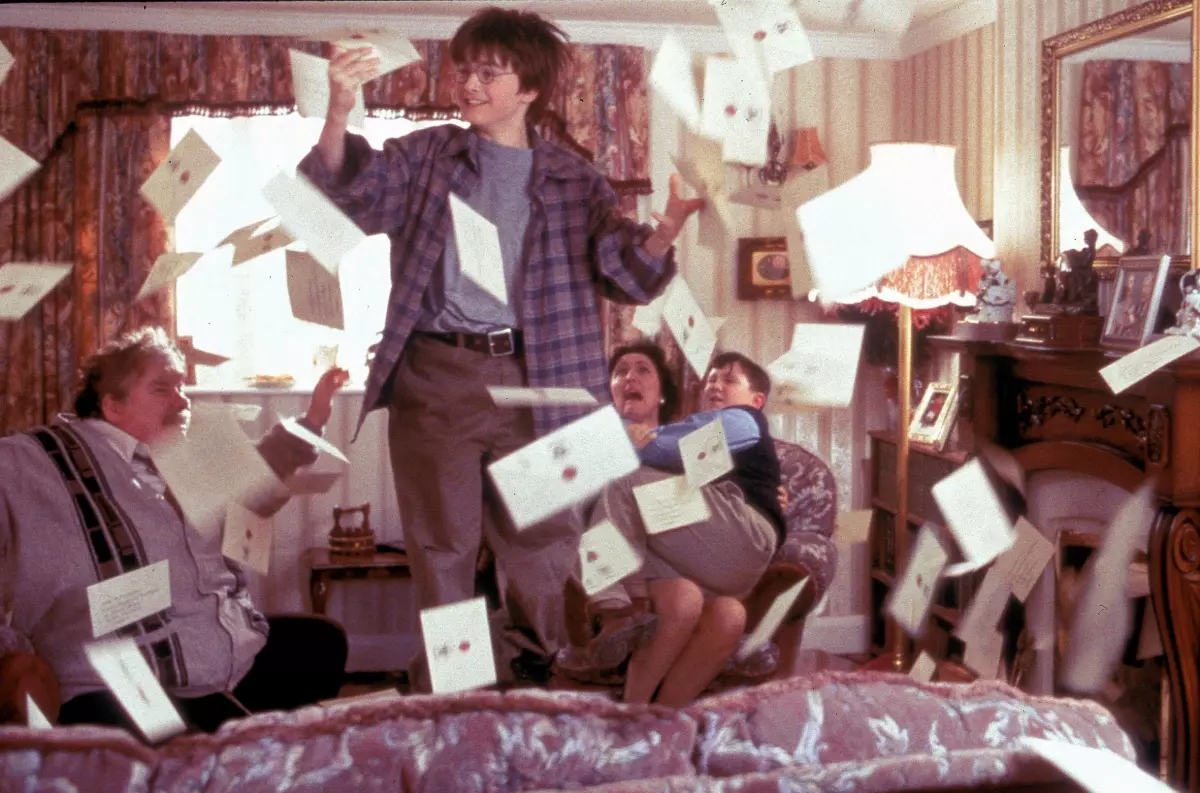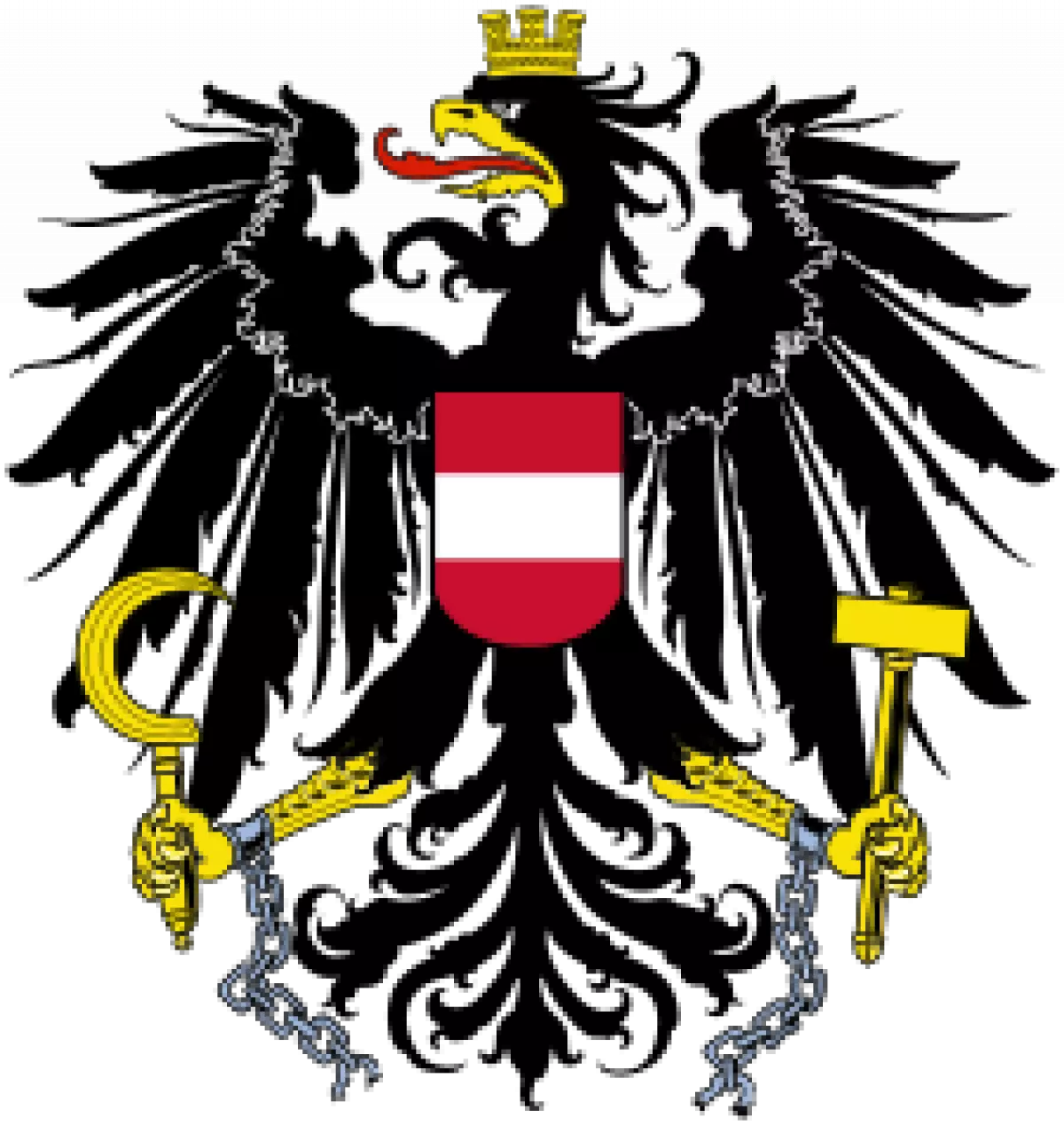 Caption: The Austria national football team in action
Caption: The Austria national football team in action
The Austria national football team, affectionately known as "Das Team" or "Unsere Burschen," holds a special place in the hearts of football fans. Controlled by the Austrian Football Association (Österreichischer Fußball-Bund - ÖFB), this team has a rich history that spans over a century. In this article, we'll take a trip down memory lane and explore the team's journey before and after the Second World War.
History before the Second World War
Back on October 12, 1902, in Vienna, a team from Cisleithanien (the Austrian part of the Austro-Hungarian Empire) took on Hungary in the first official match. The Austria national football team experienced its golden era in the 1930s, referred to as the "Wunderteam" or the miracle team. They emerged as one of the leading teams in Europe and were the first to defeat Scotland on continental soil. A milestone was reached in 1934 when the team participated in the FIFA World Cup for the first time and finished in 4th place. In 1936, Austria won the silver medal at the Olympic Games in Berlin. Unfortunately, due to Germany's occupation in 1938, the team disbanded, and players like Matthias Sindelar joined the German team.
1945 to 1962
After the war, the Austrian team made its comeback by playing matches against Hungary in Budapest. Their first home match took place on December 6, 1945, in the renovated Praterstadion (now Ernst-Happel-Stadion), where they defeated France 4-1. Austria quickly regained its pre-war success and achieved significant victories. Notably, in 1951, they became the first team from the continent to defeat Scotland on their own stadium with a 1-0 victory. The FIFA World Cup in 1954 marked their most successful campaign ever. A legendary quarterfinal match against Switzerland ended with Austria triumphing 7-5, making it the highest-scoring World Cup match to this day. Austria reached the semifinals but was defeated by the eventual world champion, Germany, with a score of 1-6. They secured the 3rd place by defeating Uruguay 3-1. Players like Gerhard Hanappi, Walter Zeman, and Ernst Ocwirk left their mark on the FIFA dream team. However, a 0-6 loss to the Czech team marked the end of Austria's golden era.
1962 to present
In the following years, Austria had mixed results but still managed to surprise with notable victories. On October 20, 1965, they achieved a historic 3-2 win over England, becoming only the third team to do so on English soil. However, their qualification campaigns for the World Cups in 1970 and 1974 were unsuccessful. It took them 20 years to qualify again, eventually making it to the 1978 FIFA World Cup. The last match of the group stage, against Germany in Cordoba, is etched in Austrian football history. Austria secured a thrilling 3-2 victory, courtesy of two goals by Hans Krankl and an own goal by Bertie Vogts, cementing its legendary status. In the 1982 World Cup, Austria continued to showcase its talent. Although they won against Algeria and Chile, a narrow loss to Germany prevented their progression to the final round. Controversial circumstances surrounded the match, with allegations of manipulation, particularly from Algeria. After several key players retired following the 1982 tournament, Austria failed to qualify for the 1986 FIFA World Cup.
Under the guidance of coach Josef Hickersberger, Austria managed to qualify for the 1990 World Cup. Hickersberger made some surprising selections, including the relatively inexperienced Andreas Herzog, who had only played three league matches before the championship. Despite losses to Italy and Czechoslovakia and a win against the USA, Austria failed to advance past the first round. Shortly after the World Cup, Hickersberger resigned following a humiliating 0-1 defeat to the Faroe Islands, where all the players were pure amateurs and the match was played on a grassless pitch. This match was a significant embarrassment for the Austrian team.
Austria's last appearance in a World Cup tournament, as of 2022, was in 1998 in France. Unfortunately, they failed to qualify after facing tough competition from Italy, Chile, and Cameroon. However, as host nation, Austria automatically qualified for the UEFA Euro 2008 and competed against Poland, Croatia, and Germany. Although they fell short of qualifying for the quarterfinals after losses to Germany and Croatia and a draw against Poland, the tournament brought excitement to football fans in Austria.
Since then, Austria has faced challenges in qualifying for major tournaments like the World Cup in 2006 and 2010 and the UEFA Euro 2012. Nonetheless, the team continues to strive for success and pursue their footballing dreams.
Notable Team Players
The Austria national football team has been graced by several remarkable players throughout its history. Here are a few who deserve special mention:
- Andreas Herzog: With 103 appearances, Herzog holds the record for the most matches played for the national team.
- Robert Sara: Voted to the All-Star-Team of the FIFA World Cup 1978.
- Walter Zeman: Awarded World Goalkeeper in 1953.
- Herbert Prohaska: Played in the 1990 and 1982 teams and later coached the squad for the 1998 World Cup.
- Hans Krankl: The star of the legendary 1978 match against Germany and the leading scorer in European football at that time.
- Matthias Sindelar: A player from the "Wunderteam" and considered one of Austria's greatest ever players.
- Toni Polster: The all-time leading scorer of the Austrian team with 44 goals.
Team of the Century
To commemorate the turn of the century, the Kronen Zeitung held an election to determine the national team of the 20th century in 1999. The chosen squad consisted of the following players:
- Walter Zeman
- Robert Sara
- Ernst Happel
- Bruno Pezzey
- Gerhard Hanappi
- Herbert Prohaska
- Ernst Ocwirk
- Andreas Herzog
- Hans Krankl
- Matthias Sindelar
- Toni Polster
Statistics
As of October 16, 2023, the team's statistics are as follows:
Team matches
- Total matches played: 825
- Matches won: 346
- Matches drawn: 176
- Matches lost: 303
- Goals scored: 1456
- Goals conceded: 1279
- Highest victory: Austria 9-0 Malta in a qualifying match for the FIFA World Cup 1978
- Top scorer in a single match: Hans Krankl with 6 goals against Malta
- Highest defeat: Austria 1-11 England on June 8, 1908, in Vienna
- Most matches played against: Hungary (136 matches)
- Best result in FIFA World Cup: 3rd place in 1954
- Highest attendance: Austria vs. Spain on October 30, 1960, with 91,000 spectators
Career Matches
Here are the top 20 players in terms of matches played for the national team:
- Marko Arnautovic: 108 matches
- Andreas Herzog: 103 matches
- David Alaba: 101 matches
- Aleksandar Dragovic: 100 matches
- Anton Polster: 95 matches
- Gerhard Hanappi: 93 matches
- Karl Koller: 86 matches
- Julian Baumgartlinger: 84 matches
- Friedrich 'Friedl' Koncilia: 84 matches
- Bruno Pezzey: 84 matches
- Herbert Prohaska: 83 matches
- Christian Fuchs: 78 matches
- Sebastian Prödl: 73 matches
- Marc Janko: 70 matches
- Johann Krankl: 69 matches
- Heribert Weber: 68 matches
- Martin Harnik: 68 matches
- Martin Hinteregger: 67 matches
- Peter Stöger: 65 matches
Top Scorers
The top 10 goal scorers in the history of the Austrian national team are as follows:
- Anton Polster: 44 goals
- Johann Krankl: 34 goals
- Johann Horvath: 29 goals
- Erich Hof: 28 goals
- Anton Schall: 27 goals
- Matthias Sindelar: 26 goals
- Andreas Herzog: 26 goals
- Karl Zischek: 24 goals
- Walter Schachner: 23 goals
- Theodor Wagner: 22 goals
Manager History
The Austria national football team has been led by several esteemed managers over the years. Here is a list of notable managers and their respective tenures:
- Hugo Meisl (Austria-Hungary): December 22, 1912, to October 3, 1914
- Heinrich Retschury (Austria-Hungary): October 4, 1914, to August 1, 1919
- Hugo Meisl (Austria): August 1, 1919, to February 17, 1937
- Heinrich Retschury (Austria): May 22, 1937, to October 24, 1937
- Karl Zankl (Austria): August 19, 1945, to October 3, 1945
- Edi Bauer (Austria): October 3, 1945, to March 4, 1948
- Eduard Frühwirth (Austria): March 4, 1948, to September 1, 1948
- Walter Nausch (Austria): September 1, 1948, to November 15, 1954
- Hans Kaulich (Austria): November 15, 1954, to March 28, 1955
- Josef Molzer (Austria): March 29, 1955, to September 3, 1955
- Karl Geyer (Austria): September 3, 1955, to April 21, 1956
- Josef Argauer (Austria) / Josef Molzer (Austria): April 21, 1956, to August 9, 1958
- Alfred Frey (Austria) / Franz Putzendopler (Austria) / Egon Selzer (Austria) / Josef Molzer (Austria): August 9, 1958, to October 15, 1958
- Karl Decker (Austria): October 16, 1958, to February 28, 1964
- Josef Walter (Austria) / Béla Guttmann (Austria): March 7, 1964, to October 11, 1964
- Eduard Frühwirth (Austria): November 20, 1964, to January 13, 1967
- Erwin Alge (Austria) / Hans Pesser (Austria): January 13, 1967, to June 24, 1968
- Leopold Šťastný (Czechoslovakia): July 1, 1968, to September 30, 1975
- Branko Elsner (caretaker) (Yugoslavia): October 6, 1975, to November 19, 1975
- Helmut Senekowitsch (Austria): March 1, 1976, to June 30, 1978
- Karl Stotz (Austria): August 1, 1978, to December 14, 1981
- Georg Schmidt (Austria) / Felix Latzke (Austria): February 5, 1982, to July 2, 1982
- Erich Hof (Austria): September 7, 1982, to November 21, 1984
- Branko Elsner (caretaker) (Yugoslavia): January 15, 1985, to November 18, 1987
- Josef Hickersberger (Austria): January 1, 1988, to September 14, 1990
- Alfred Riedl (Austria): September 15, 1990, to October 10, 1991
- Dietmar Constantini (caretaker) (Austria): October 10, 1991, to November 13, 1991
- Ernst Happel (Austria): January 1, 1992, to November 14, 1992
- Dietmar Constantini (caretaker) (Austria): November 15, 1992, to November 18, 1992
- Herbert Prohaska (Austria): January 8, 1993, to March 29, 1999
- Otto Barić (Austria): April 13, 1999, to November 21, 2001
- Hans Krankl (Austria): January 21, 2002, to September 28, 2005
- Willibald Ruttensteiner (Austria) / Andreas Herzog (Austria) / Slavko Kovacic (caretakers) (Austria): September 30, 2005, to December 2005
- Josef Hickersberger (Austria): January 1, 2006, to June 23, 2008
- Karel Brückner (Czech Republic): July 25, 2008, to March 2, 2009
- Dietmar Constantini (Austria): March 4, 2009, to November 1, 2009
- Marcel Koller (Switzerland): November 1, 2009, to October 9, 2017
- Franco Foda (Germany): November 14, 2017, to March 30, 2022
- Ralf Rangnick (Germany): April 29, 2022, to present
Gallery

References
- Austrian team matches (1902 bis present-German) (Archived 2012-02-11 at the Wayback Machine)
- Current team players (Archived 2008-06-17 at the Wayback Machine)
- List of Austrian national team players (German Wikipedia)
As the Austria national football team continues its journey, football enthusiasts eagerly anticipate the team's future achievements. With a rich history and a dedicated fan base, the national team is determined to leave a lasting impression on the football world.










